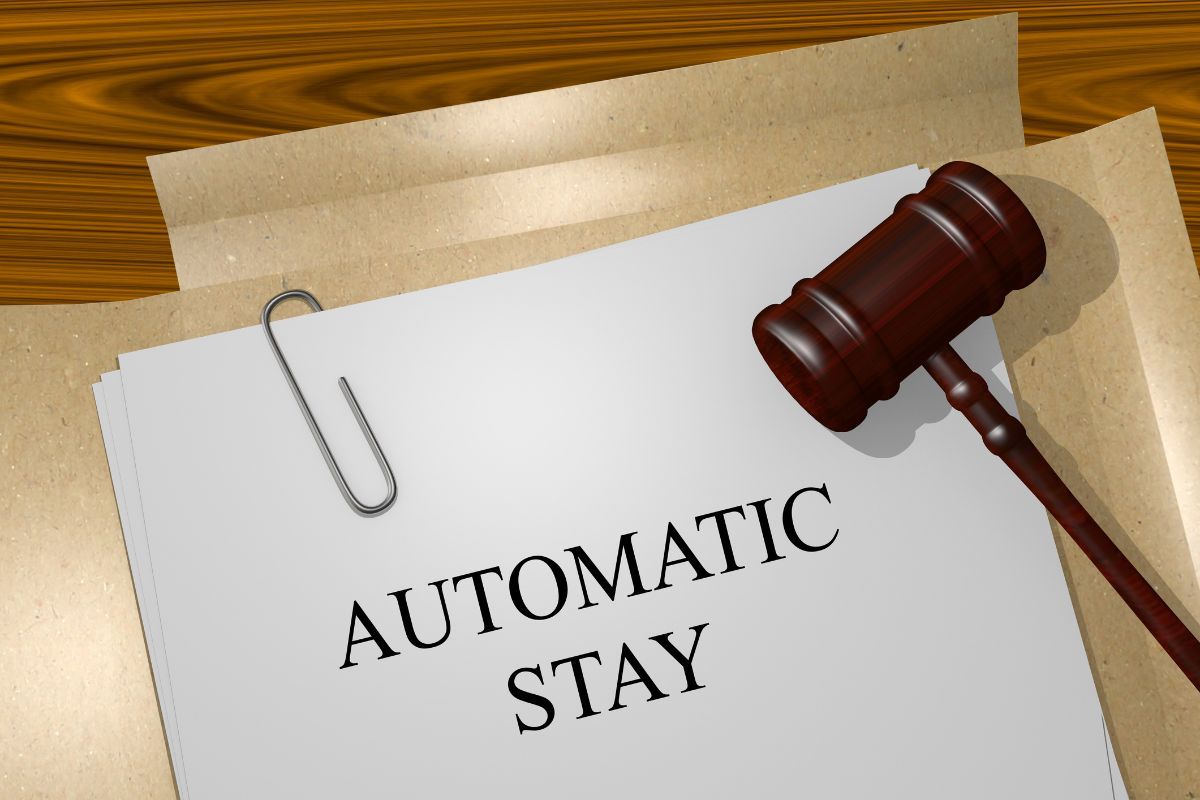When anyone files a bankruptcy case, he or she invokes one of the most powerful federal legal mechanisms available to anyone experiencing some level of financial turmoil. A key feature of bankruptcy, this extremely useful tool is known as the automatic stay. The stay prevents any creditor from taking any action to collect a debt once a bankruptcy case is filed. It is effective immediately upon the filing of any bankruptcy case. In some situations, the stay may even protect those who do not file bankruptcy.
However, the automatic stay protects only the person who filed the bankruptcy case as the petitioner. The protection of the stay does not extend to others who are also liable for a debt, such as a guarantor or co-signer. A co-debtor may be a spouse, family member, friend, or business partner. In most cases, the creditor may proceed against the co-debtor to collect the debt. For example, if a married couple is jointly liable for a debt, and the wife files a bankruptcy case without the husband, then the creditor may legally pursue the husband to repay the debt.
A creditor’s collection activity directed against a co-debtor places pressure indirectly on the Bankruptcy debtor, the person who filed the bankruptcy case. The result is that such pressure may cause the person to repay debts that would otherwise be discharged in his or her bankruptcy case. This may defeat the purpose of gaining a fresh start by filing bankruptcy or limit the ultimate effect of the bankruptcy filing.
The legislative response to this perceived problem was the creation of the “co-debtor stay” by Congress. The co-debtor stay extends the effect of the automatic stay to co-debtors as defined by federal law in certain circumstances. The co-debtor is protected even if he or she did not file bankruptcy. The co-debtor stay remains in effect for the duration of the bankruptcy proceeding. It prevents creditors from pursuing the co-debtor the entire time that the case is active.
As it is related to tax debt, the automatic stay, as the co-debtor stay, requires tax authorities to stop collection activity and release any tax levies. This makes the co-debtor stay even more valuable to those who choose to get a fresh start from filing a bankruptcy case. As we have assisted many married couples who have filed jointly, the experienced attorneys at the Morrison Law Group can assist any spouse who is not jointly filing a bankruptcy case.
One of the Morrison Law Group’s qualified and knowledgeable bankruptcy attorneys may answer any questions about filing a Chapter 7 or Chapter 13 bankruptcy case. Call 801.456.9933 today to schedule a FREE consultation. We have locations in Ogden, Logan, Sandy, Orem, and St. George to serve the residents of the counties of Weber, Cache, Salt Lake, Utah, Morgan, Davis, Washington, and surrounding areas.


